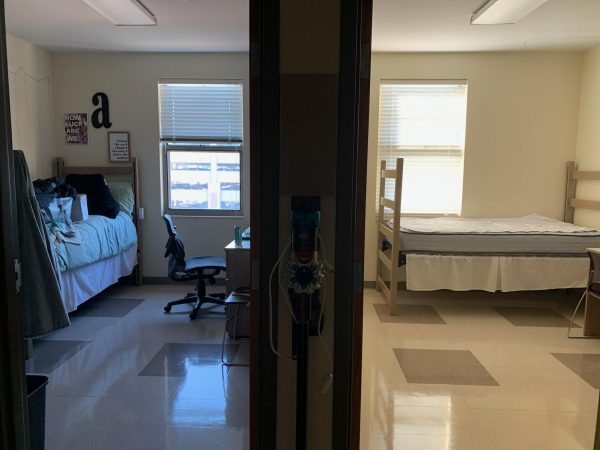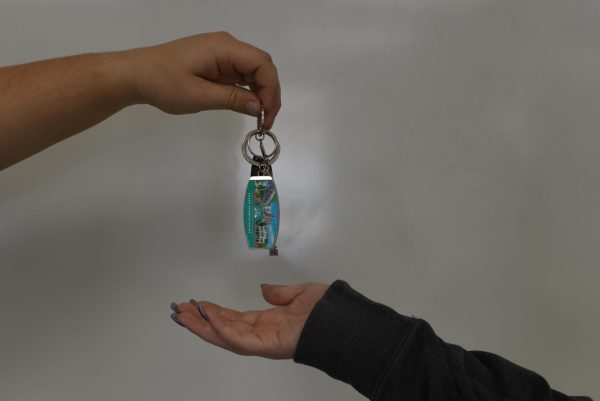Social Media During Quarantine
People are beginning to have more free time due to quarantine, and many are choosing to spend it on social media, such as Facebook, Instagram, and Tiktok. This is evidenced by the fact that there has been more than 40 percent increases in usage of Facebook, Instagram, and Whatsapp in the 18 to 34 year-old age group according to Kantar Group. While these apps are excellent ways to connect with friends and family during social distancing, it is important to note some potential dangers of spending too much time on social media.
Previous research has shown that too much social media usage can lead to increased anxiety, depression, and body image issues in teenagers. In fact, according to a study done by Dr. Davide Marengo in 2018, teens that spent over two hours on highly visual social media, or social media that uses pictures and videos to share content, were more likely to be dissatisfied with their bodies. In another study by Dr. Mark Becker, it was shown that there was a 70 percent increase in depression and a 42 percent increase in social anxiety among people who use social media. This is largely because, through social media, people are exposed to images of the ideal lifestyle and unrealistic beauty standards, which can create unrealistic expectations for one’s own life.
However, these issues only arise when people are over-exposed to such pictures of the perfect life. Therefore, it is important to remember that most social media influencers are only showing the best parts of their lives. This awareness can stop students from putting too much pressure on themselves to be perfect. It can also be helpful to follow less influencers and more accounts that center around things other than pure lifestyle and fitness. Body positivity accounts are also beneficial for a person’s body image and mental health, with those who are exposed to these accounts being more satisfied with their own bodies. However, some studies suggest that despite improving body satisfaction, these accounts can increase self-objectification among women.
Therefore, while social media can be incredibly helpful for connecting with friends, getting ideas for new projects, and even learning new skills and information, it is important to note the negative impacts that social media can have on a person’s mental health. As usual, it is incredibly important to take care of one’s mental health during these times. So, even though everyone is now left with extra free time, one should always be aware of time spent on social media and the possible impacts it may have.












